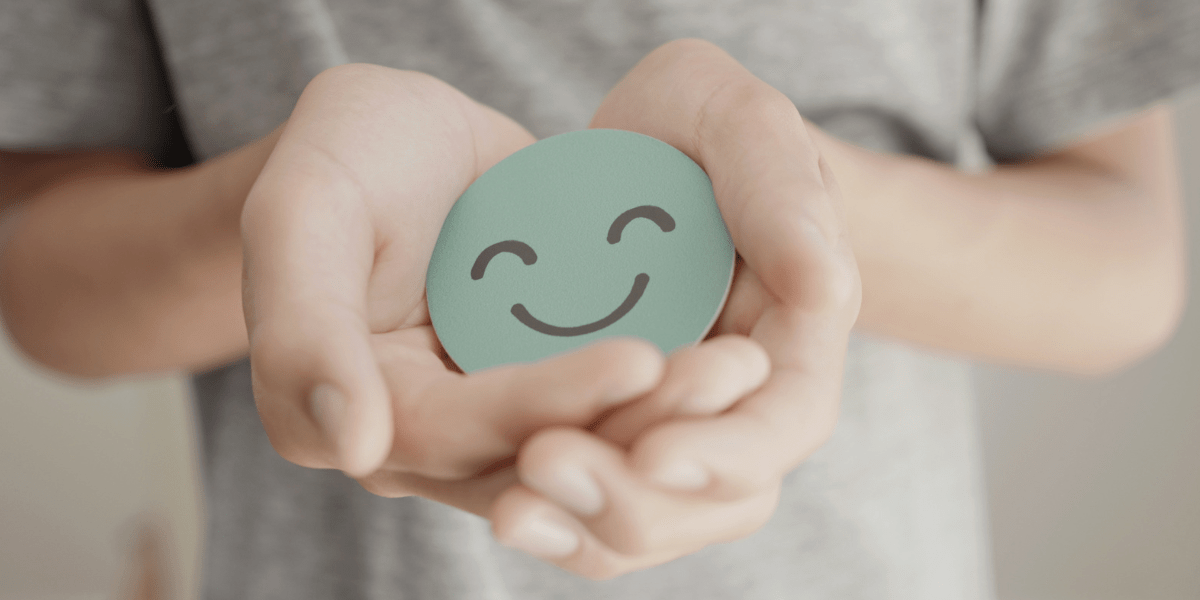Mental Health Awareness: Strategies for Coping with Stress and Anxiety
In today’s fast-paced, always-on world, stress and anxiety are all too common experiences for many people. The demands of balancing work, family, friends and daily life can become a burden, taking a toll on our mental health. Prioritizing mental health awareness and adopting strategies to cope with stress and anxiety are crucial to lifting the weight of stress and anxiety.
Strategies for coping with stress and anxiety include:
- Recognizing the signs of stress and anxiety. Physical and emotional cues, such as muscle tension, racing thoughts, irritability or changes in sleep patterns, can all alert you to a problem. Acknowledging their impact on your well-being is the first step to effective management.
- Practice mindfulness techniques. Mindfulness and meditation can help your mind stay in the present, rather than ruminating over the past or worrying about the future. Doing so can calm your mind and ease stress, putting you back in control.
- Take deep breaths. Deep breathing exercises are especially helpful when you feel tension rising in your body and mind; deep breaths can calm your nervous system.
- Exercise. Regular physical activity is a powerful stress reliever because it releases endorphins which are natural mood lifters. Finding an activity you enjoy makes it easier to make exercise part of your routine.
- Eat a healthy diet. Excessive caffeine, alcohol, sugar and processed foods can contribute to anxiety. Balanced diets rich in whole foods can turn your anxiety around as well as increase energy levels.
- Prioritize sleep. Quality sleep is essential for recharging your brain, so create a relaxing bedtime routine, limit screen time before bed and set aside enough time to get between 7-9 hours of sleep every night.
- Develop relationships with friends and family. A strong social network is a proven buffer against stress and anxiety.
- Practice self-care. Setting aside time for activities that you enjoy or find relaxing is important to finding balance in your life. This could be taking your dog for a midday walk while you listen to music or a podcast, unwinding with a good book at the end of the day or waking up a few minutes earlier to enjoy an uninterrupted cup of coffee by yourself.
- Seek professional help. If stress and anxiety persist or become too overwhelming to manage on your own, a mental health professional can help you through it. Therapy, counseling or medication are all avenues a mental health professional can help you explore.
Remember that managing stress and anxiety is an ongoing process, and what works for one person may not work for another. Be patient with yourself and experiment with different strategies to find what helps you the most. Seeking support when needed is a sign of strength, not weakness. Prioritize your well-being and take steps to nurture your mental health every day for a happy, healthy life.

